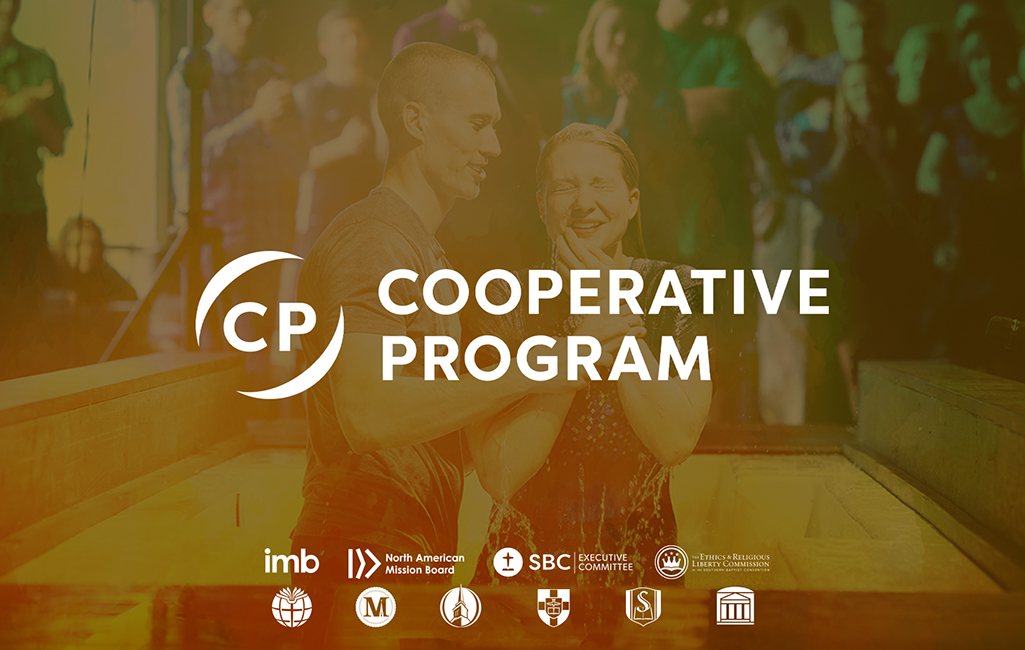Religious freedom concerns for faith-based child-care programs plague President Joe Biden’s Build Back Better Act as it nears apparent action by Congress, according to Southern Baptists’ ethics entity.
The Ethics & Religious Liberty Commission (ERLC) and other organizations have urged congressional members to revise provisions in the $3.5 trillion budget reconciliation package.
They say the legislation will prevent faith-based centers and schools from participating in good conscience in the proposal’s expansive pre-kindergarten and child-care programs. Its mandates, the ERLC and others say, would affect the practice of faith-based recipients, if they choose to participate, in such areas as hiring, admissions and teaching. It could open providers to requirements regarding gay and transgender rights that conflict with their religious beliefs, critics say.
“Faith-based groups play a vital role in providing quality child care and pre-K [education] to America’s children,” said Chelsea Sobolik, ERLC’s director of public policy. “These organizations must have the freedom to serve parents and children according to their religious beliefs.
“Many nonpublic schools intentionally avoid federal financial recipient status because of how it could subject them to troubling provisions related to sexual orientation and gender identity language that raises serious religious liberty concerns,” she said in a written statement. “The Build Back Better proposal must respect the religious freedom of these institutions.”
The ERLC and the U.S. Conference of Catholic Bishops (USCCB) also have expressed their opposition to the bill’s failure to retain bans on federal funding of abortion. In multiple letters to the Democratic-controlled Congress this year, the ERLC has urged retention of such funding prohibitions in spending legislation.
Whether religious organizations participate in the expanded child-care program would appear to be a significant issue. A national survey by the Bipartisan Policy Center in December 2020 showed 53% of families that use center-based care place their children in one connected to a religious organization.
The proposal in the budget reconciliation bill would make a significant change in how federal funds for child-care providers are viewed and what restrictions are placed on such centers.
For more than 30 years, the Child Care and Development Block Grant (CCDBG) program has protected the right of faith-based organizations to participate to the same extent as non-religious ones. The program provides certificates to eligible parents, who give them to the child-care center they choose.
The CCDBG’s rules guard “the religious identity, religious teaching, religious hiring and religious admission standards” of religious providers that receive the certificates, according to the Institutional Religious Freedom Alliance.
The House of Representatives version of the budget reconciliation bill, however, would mandate faith-based providers that receive certificates in the expanded program must abide by the bans on religious requirements for hiring and admissions. The legislation must guarantee that recipients “will not be required to adhere to sexual orientation and gender identity (SOGI) language” in order to participate, the ERLC said.
Applying the Head Start program’s nondiscrimination requirements, the budget reconciliation proposal would bar sex discrimination, thereby preventing participation by providers that offer sex-segregated care, the bill’s critics say.
The universal pre-kindergarten program proposed in the budget reconciliation bill includes the same restrictions as those for child care but also would grant funds directly to the providers instead of giving certificates to parents. No religious training or activities would be permitted in the pre-kindergarten program, according to critics.
Supporters of the proposed requirements insist all child-care recipients of federal funds must abide by nondiscrimination rules, The New York Times reported.
The Build Back Better Act also eliminates prohibitions on federal funding of abortion such as the Hyde Amendment. The Hyde Amendment, which has barred federal funds in Medicaid and other programs from paying for abortions in every year since 1976, has saved the lives of what is estimated to be about 2.5 million unborn children.
Messengers to the Southern Baptist Convention’s annual meeting in June approved a resolution that denounced any attempt to rescind the Hyde Amendment and urged the retention of all pro-life “riders,” which must be approved each year in spending bills.
In a Nov. 3 letter, officers of the USCCB told members of Congress the new child-care requirements “attach new and troubling compliance obligations” on recipients of pre-kindergarten and child-care recipients. They described as “completely unacceptable” that the House version “expands taxpayer funding of abortion.”
As a budget reconciliation bill, the Build Back Better Act will require only a majority, rather than the typical 60 votes, for passage in the Senate.
(EDITOR’S NOTE – Tom Strode is Washington bureau chief for Baptist Press.)


